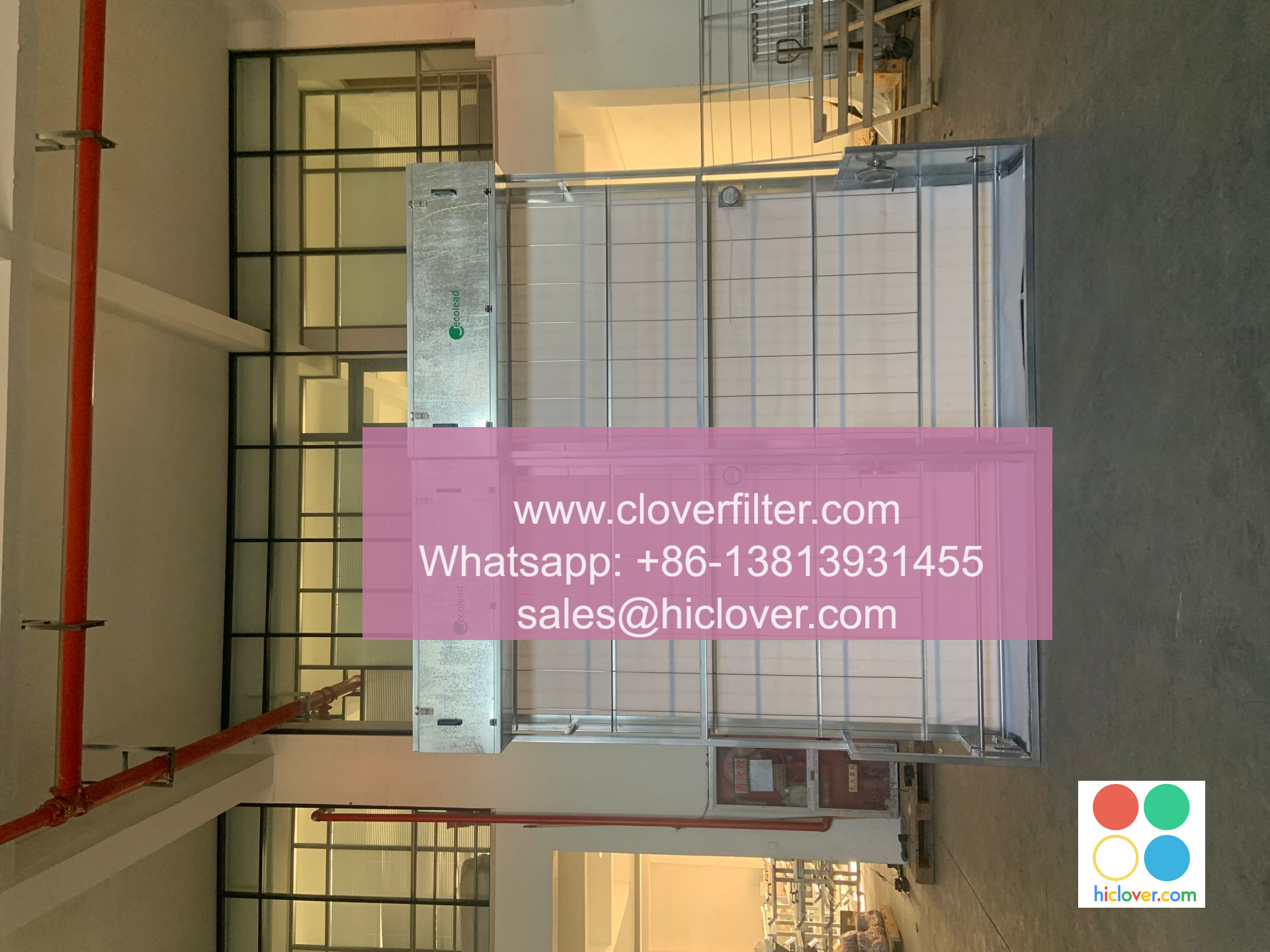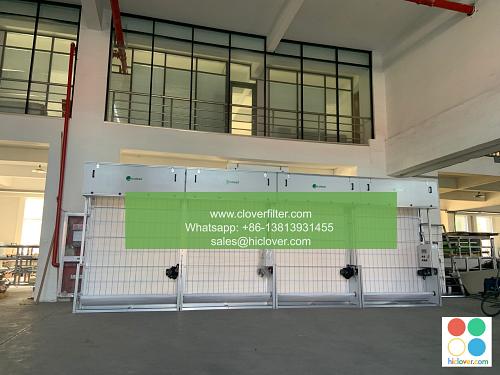The Benefits of Air Filter Logistics in Government Buildings

Government buildings, such as administrative offices, legislative buildings, and judicial complexes, require specialized air filtration systems to maintain a healthy and safe indoor environment. Effective air filter logistics play a crucial role in ensuring the well-being of occupants, while also promoting energy efficiency and cost savings. In this article, we will explore the benefits of air filter logistics in government buildings and highlight various application areas.
Improved Indoor Air Quality (IAQ)
Government buildings are often characterized by high occupancy rates, which can lead to a buildup of indoor air pollutants such as particulate matter, volatile organic compounds (VOCs), and microorganisms. A well-designed air filter logistics system can help remove these pollutants, improving indoor air quality (IAQ) and reducing the risk of respiratory problems and other health issues. By incorporating high-efficiency particulate air (HEPA) filters and activated carbon filters, government buildings can provide a healthier environment for occupants.
Energy Efficiency and Cost Savings
A well-maintained air filter logistics system can also contribute to energy efficiency and cost savings in government buildings. By using high-performance air filters and optimizing air filtration systems, buildings can reduce their energy consumption and lower their utility bills. Additionally, extended filter life and reduced maintenance costs can be achieved through regular filter monitoring and replacement schedules.
Application Areas
Air filter logistics can be applied in various areas of government buildings, including:
* Administrative offices: Providing a healthy and comfortable work environment for employees.
* Legislative buildings: Ensuring a safe and respectful environment for lawmakers and visitors.
* Judicial complexes: Maintaining a secure and healthy environment for judges, lawyers, and court staff.
* Public meeting spaces: Improving IAQ and reducing the risk of infectious disease transmission in areas with high occupancy rates.
* Data centers: Protecting sensitive electronic equipment from airborne contaminants and reducing the risk of equipment failure.
Best Practices for Air Filter Logistics
To maximize the benefits of air filter logistics in government buildings, the following best practices should be implemented:
* Regular filter monitoring: Scheduled monitoring of air filter performance to ensure optimal IAQ and energy efficiency.
* Filter replacement schedules: Regular replacement of air filters to prevent filter degradation and maintain optimal performance.
* Air filtration system maintenance: Regular maintenance of air filtration systems to ensure proper function and efficiency.
* Training and education: Providing training and education to facilities staff on air filter logistics and maintenance.
In conclusion, effective air filter logistics are essential for maintaining a healthy and safe indoor environment in government buildings. By implementing a well-designed air filter logistics system and following best practices, government buildings can improve IAQ, reduce energy consumption, and promote occupant health and productivity. As government buildings continue to evolve and adapt to changing environmental and health concerns, the importance of air filter logistics will only continue to grow. Prompt

